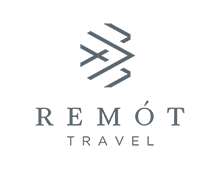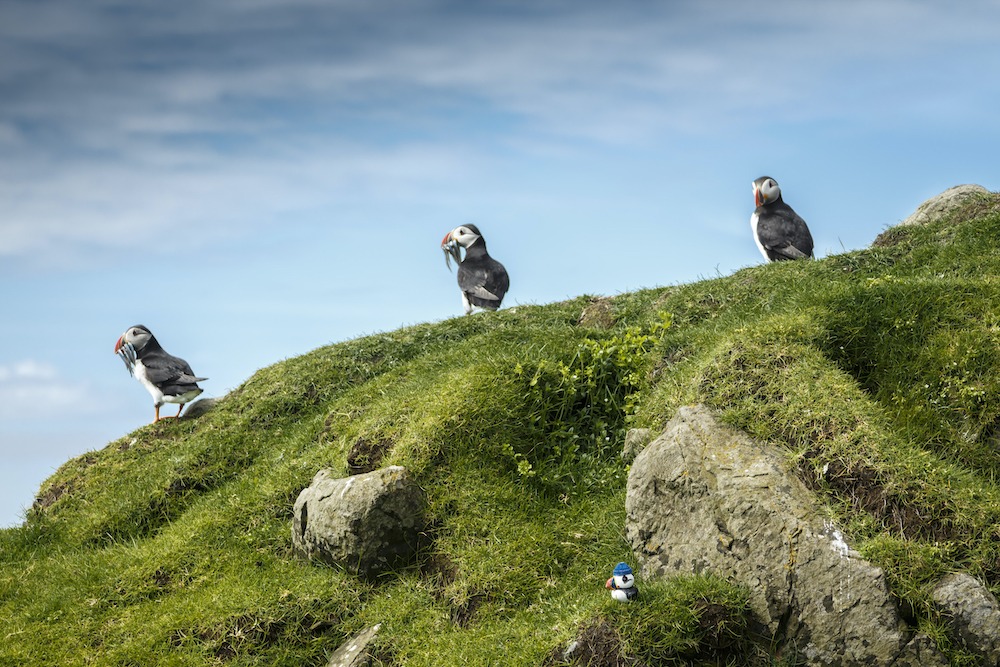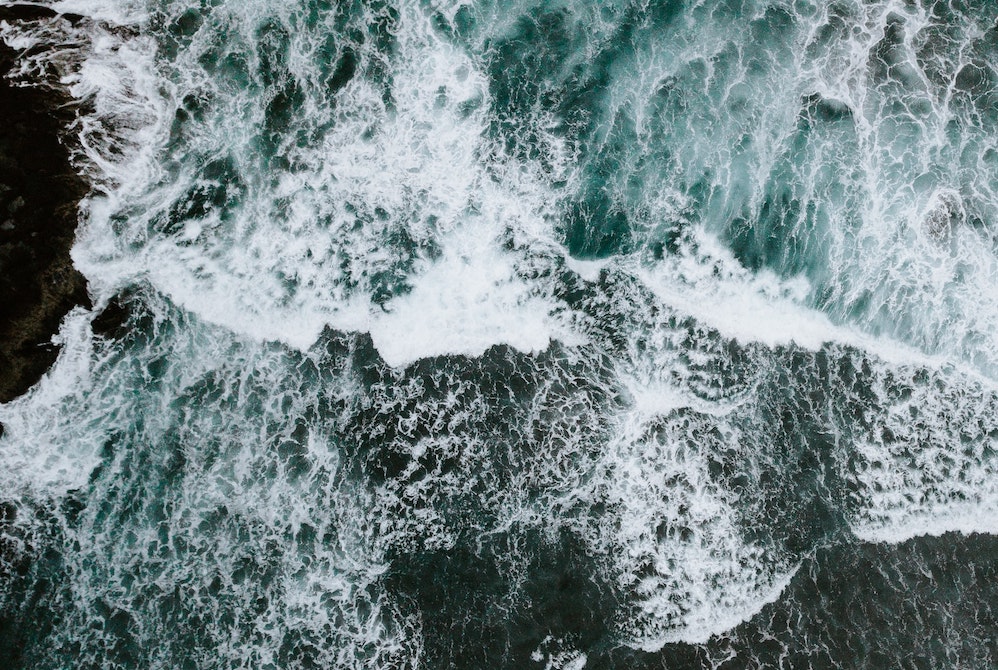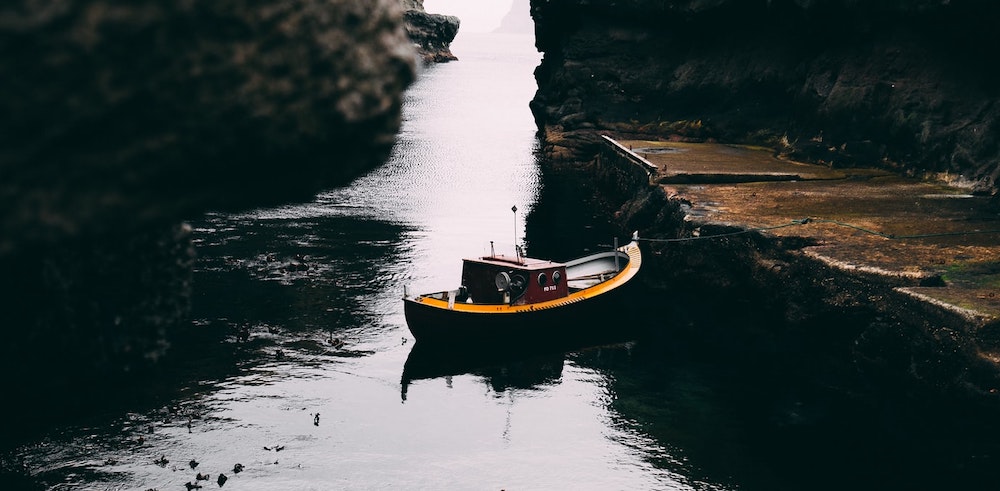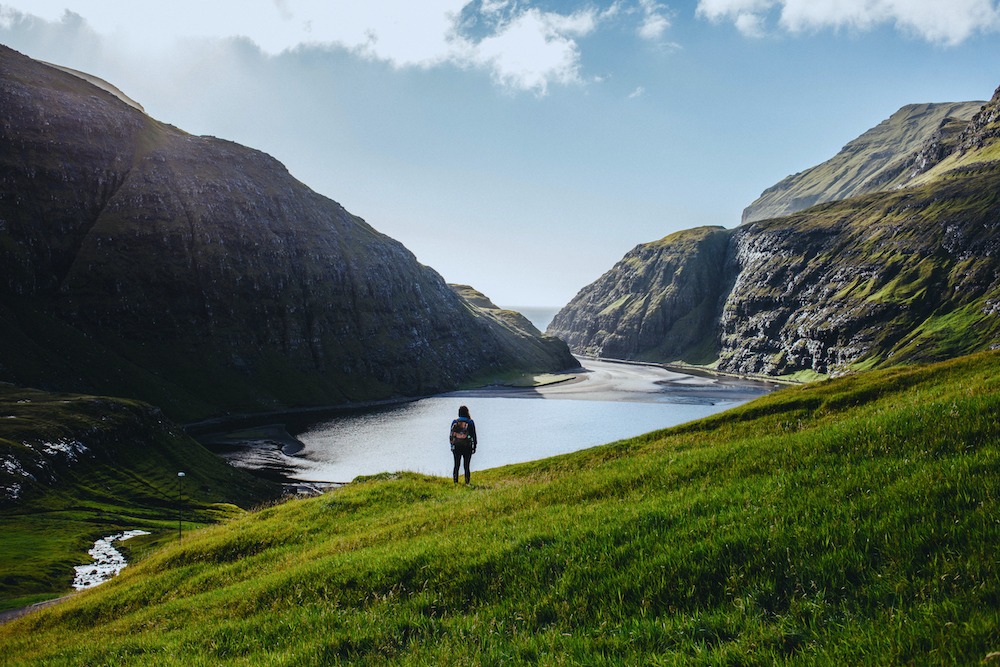
Faroe Islands’ First Bespoke Luxury Travel Company
At REMÓT, we believe in a sustainable path forward for the tourism sector, where all stakeholders emerge as winners. This means travelers enjoying the most immersive and refreshing experiences a destination can offer, the local tourism industry thriving, and inviting locals to participate in the tourism sector – all while respecting the wishes and boundaries of the people living in the Faroe Islands.
